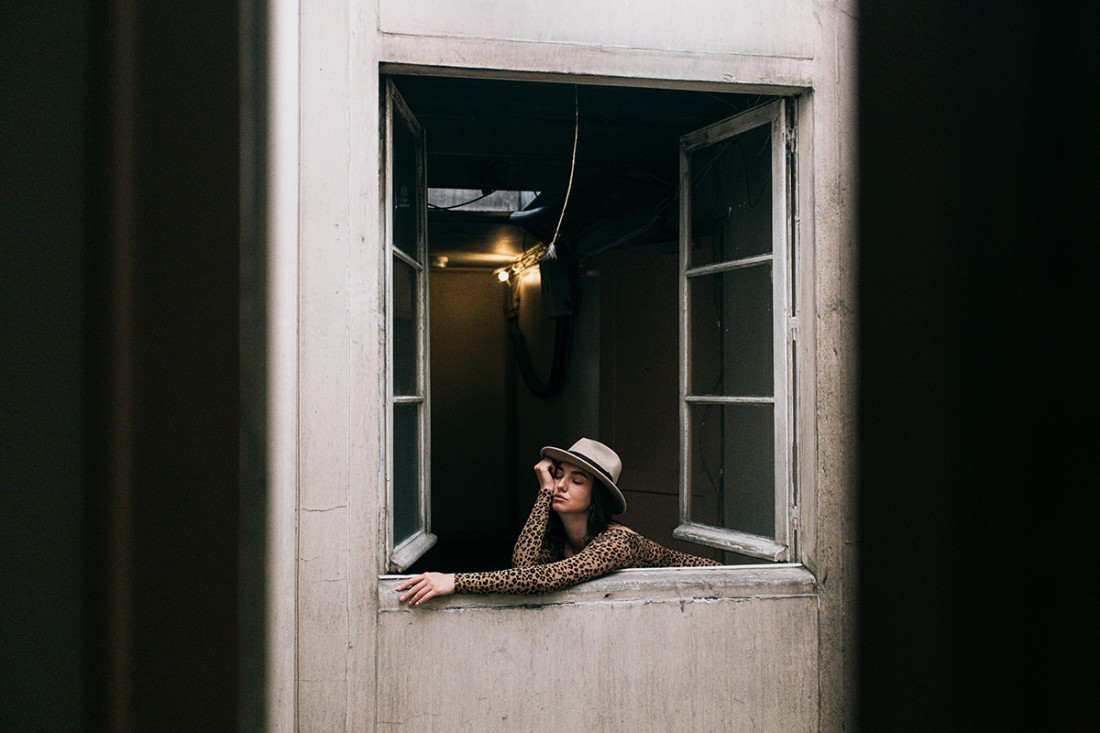Productivity in the time of a quarantine
(Why it should be okay just to sit and wait)
When the World Health Organization (WHO) declared COVID-19 a pandemic, I was living with my parents while I transitioned between apartments.
I knew my family wouldn’t be able to stop talking about it, and that they’d likely be taking up all the space in the house with loud, stressful conversations. Learning that the rapid spread of the virus meant I should stay inside as much as possible over the coming weeks, I immediately started brainstorming ways I could stay productive while self-quarantining.
I swore to myself that I’d use the time to get a job application or two in, edit some of my old poetry and put in some full work days in at my remote research job and my job here at The Uniter. I read a tweet by Rosanne Cash reminding the world that “when Shakespeare was quarantined because of the plague, he wrote King Lear” and felt a surge of inspiration. I remember thinking: I can make this moment an opportunity.
I shouldn’t frame myself as unconcerned with what is happening in the world, because I am. But my first instincts were of self-preservation.
About a week later, after talking with many family members, and after a bit more scrolling through Twitter, my feelings have changed. I am learning to balance my tendency toward compulsive productivity with an attempt to understand this need, and also working to realize that for many people, being productive isn’t really an option
right now.
My dad, who is a teacher, spent a week waiting on a provincial decision about how and when Manitoba schools would close. He stared at his phone and watched the news a lot, waiting for an announcement about when teachers would be allowed to start working from home. Others in my life who are struggling with anxiety and depression are having their stability threatened by the closures of services that are important for their mental health and well-being.
My grandfather is currently in the hospital for emergency hip surgery, and my grandma isn’t able to visit him, because Mantioba hospitals are no longer allowing visitors. The great source of reprieve that we find in physical human connection is being rapidly limited for the sake of public health, which is taking its toll on large segments of the population who are already at a disadvantage.
We are in a time of great uncertainty, and many people are isolated and anxious, doing their best just to get by.
As I sit around worrying about my family, I try to work remotely in increments. But keeping up to date on the news and reading Twitter threads like the responses to Cash’s tweet about King Lear has taken up the space that I might otherwise have used to be creatively productive, at least for now.
“What if ugly-crying into a burrito is your King Lear,” Sandra Newman posted on Twitter about a week ago. Someone else responded to Cash by tweeting: “Fair point, but I’ll bet he had childcare.”
It’s important to remember, even if productivity (creative, or otherwise) remains your go-to coping mechanism, that these narratives of personal achievement are part of the broader isolating ideologies of late capitalism.
In an article for The Baffler, Laurie Penny wrote (prophetically) about harmful ideas of wellness, productivity and happiness espoused by neoliberalism and late capitalism, which encourage people to turn toward individual fulfillment as a way of mitigating disaster.
“The more frightening the economic outlook and the more floodwaters rise, the more the public conversation is turning toward individual fulfillment as if in a desperate attempt to make us feel like we still have some control over our lives,” Penny writes.
Hopefully, the outbreak of COVID-19 will encourage governments and communities to take another look at the harmful ethics of individualism that plague modern society.
Penny explains that individualism and corresponding myths like capitalist productivity persuade “us all that if we are sick, sad and exhausted, the problem isn’t one of economics,” she writes. “Society isn’t mad or messed up: you are.” And secondly, she explains, “it prevents us from even considering a broader, more collective reaction to crises of work, poverty and injustice.”
I hope we can use this time to start dreaming up ways to come together. I hope we can try to unlearn some of late capitalism’s harmful myths and begin to think collectively. When this is all over, I think we will have had enough isolation to last us for a very long time.
For now, I’ll be scrolling through social media platforms and twiddling my thumbs. And for all the compulsively productive folks out there, I totally understand. If you feel compelled to write a contemporary King Lear during the next few weeks, so be it, and I’d be happy to edit it when it’s done (for a fair price).
Haley Pauls is a writer, editor and academic working in the fields of cultural studies and communications. She is presently feeling the strain of working remotely without an office or the ability to go to a coffee shop. Still, she’s feeling lucky to have just moved in with two professional cooks who make her tasty food all the time while she stares at her computer.
Published in Volume 74, Number 23 of The Uniter (March 26, 2020)







